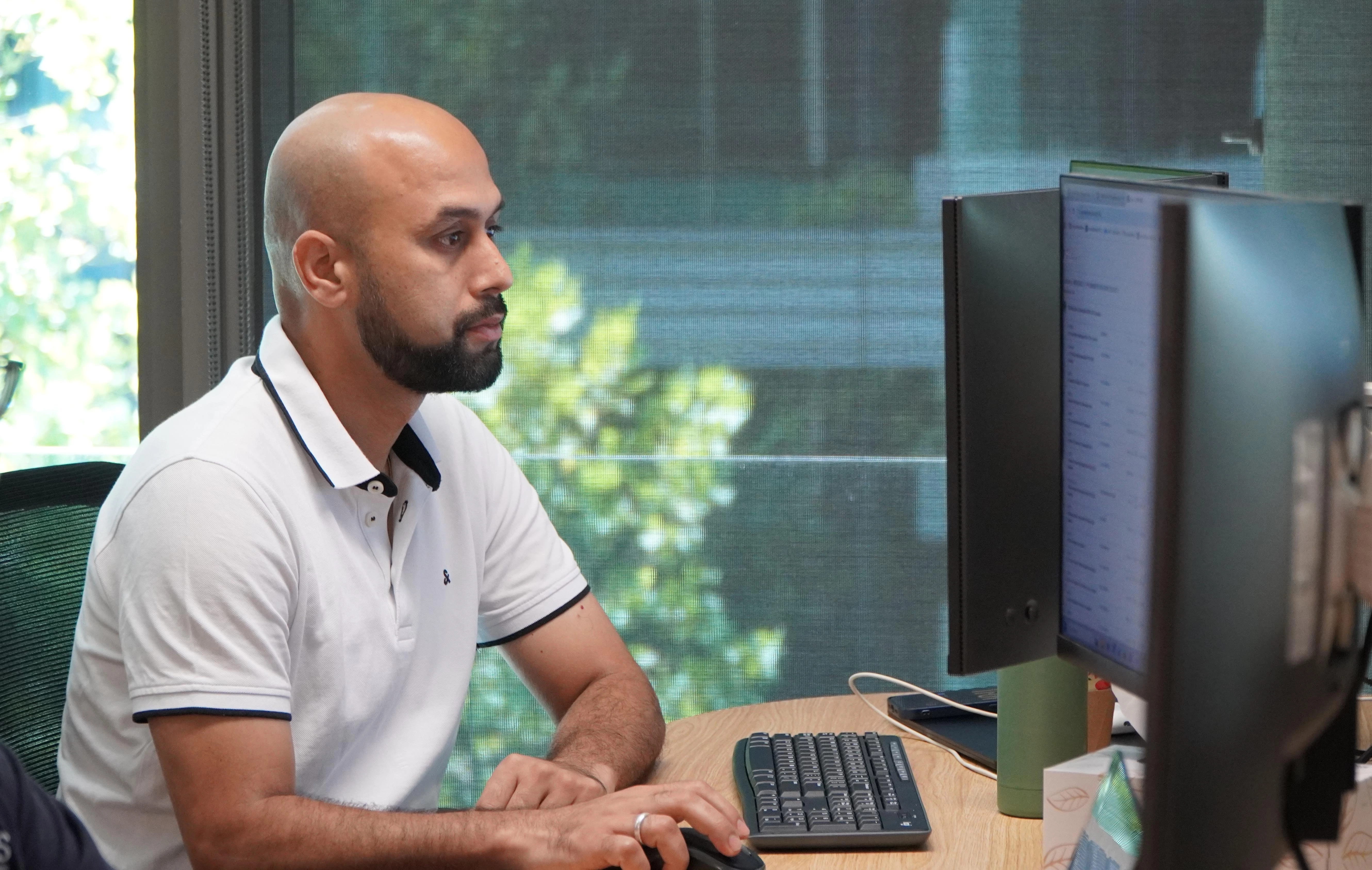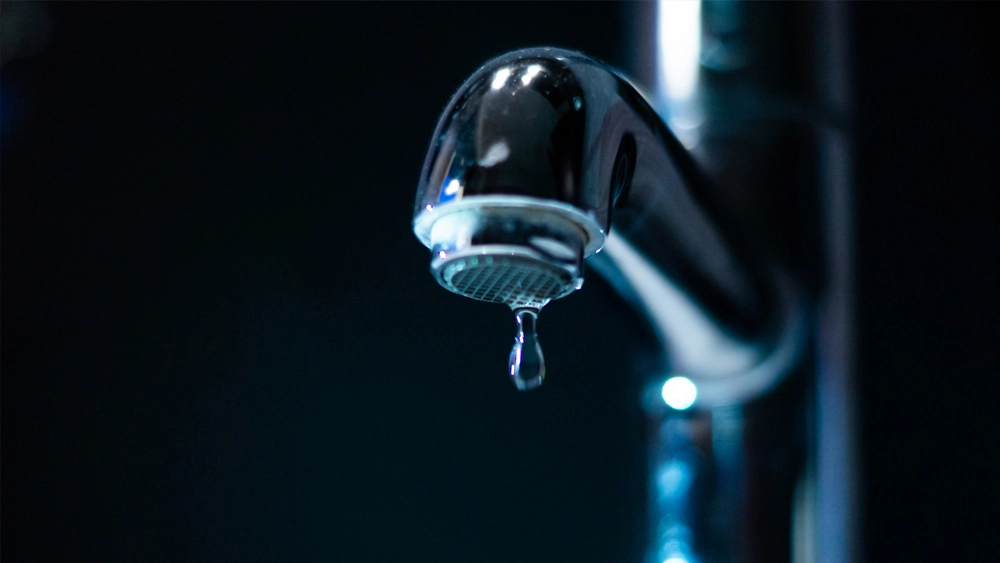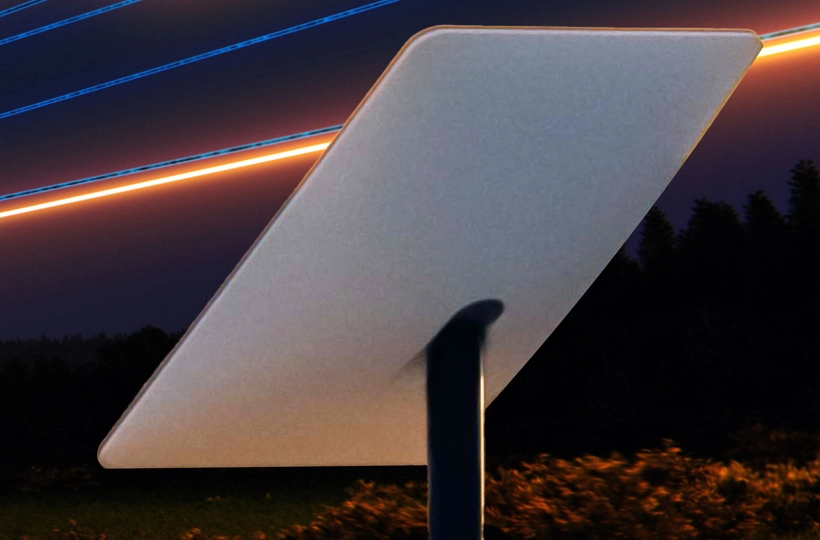Have you ever tried explaining to a FIFO worker why they can't video call their family without dropouts? Or watched a mining operation lose millions because their connectivity went offline?
For years, I’ve worked on the challenges of connectivity in some of Australia's most remote locations. It doesn’t sit well with me when businesses have to operate with substandard services simply because of where they operate.
One of the biggest problems is that The Pilbara has been stuck with a single fibre provider for decades, despite being Australia's economic powerhouse. It generated $173 billion of export revenue in the last financial year alone – yet companies here have had no choice but to pay whatever price that single provider demanded.
Why competition changes everything
Our new Horizon Cable delivers what the region has needed for years: choice. We've built metro-grade bandwidth infrastructure that introduces genuine price competition to the Pilbara and Mid-West for the first time. The real game-changer isn't just the competition though. It's the reliability. Cyclones regularly tear through this region. When the connectivity to a mine goes down and mining production has to stop, the cost is eye watering.
For individual large operations like Rio Tinto's facilities producing 328 million tonnes annually (an average of 37,400 tonnes/hour), an hour of downtime at $AUD145/tonne can cost up to $AUD5.4 million in lost production value. Horizon changes the reliability equation. We've buried our newly installed land-based route entirely underground across the Pilbara plus we've added connections via two subsea routes – the Vocus Australia Singapore Cable and the Darwin Jakarta Singapore Cable Systems. If one path fails, another can take over.
Gigabits, terabits … what they really mean to miners
Our Horizon Cable has 38 terabits per second capacity, with low latency to Perth, Darwin and Singapore. Mining executives can immediately understand what this means for their operations. This kind of bandwidth and latency can support automated ore sorting systems processing multispectral imaging video streams in real-time.
Digital twin simulations can allow engineers to trial production process changes before implementing them on site.
Machine learning algorithms can soak up bandwidth to keep pace with actual operations in real time rather than giving recommendations based on old data. The autonomous mining systems our customers want to deploy need response times measured in milliseconds to operate optimally. The Horizon cable supports this at industrial scale.
The human impact matters most
Several thousand FIFO workers shouldn't have to accept substandard internet just because they work in remote locations. When they can video call family without interruptions, stream entertainment reliably, and access the same online services they'd have at home, their wellbeing improves significantly.
Roy Hill recognised this, and they’re connected with Horizon with 100 gigabits of bandwidth to provide their onsite team with connectivity as good as a city hotel. That directly supports the wellbeing of fly in, fly out staff who can now stay in touch with friends and family over high-quality connections, and access all the streaming entertainment people in cities can enjoy during their downtime.
The conversations have changed
The calls I receive from mining ops managers are completely different now. Instead of asking what compromises they'll need to make in the bandwidth they have available, they're excited about new possibilities. They’re talking about AI applications that optimise processes based on real-time data streams across massive sites. Internet of Things deployments that actually function reliably in harsh conditions. Augmented reality systems that bring the company's best engineers to any worksite without travel time and costs.
Why we built this now
Horizon has been years in the making. We knew the region needed competition, but more importantly, we knew Australian businesses deserved better than accepting connectivity limitations in 2025. We've used equipment designed for Australia's harsh conditions, combined with the latest technology. This network can carry traffic for miners who contribute enormous value to the Australian economy, as well as connecting future high-speed satellite ground stations that will improve connectivity across the entire country.
The wait was worth it – the Pilbara’s mining businesses finally have network infrastructure that supports their ambitions rather than constraining them.
Meet the author
Read more
Related Articles

How Vocus is using AI to deliver faster, without cutting corners

The hacker that tried to poison a town’s water supply




